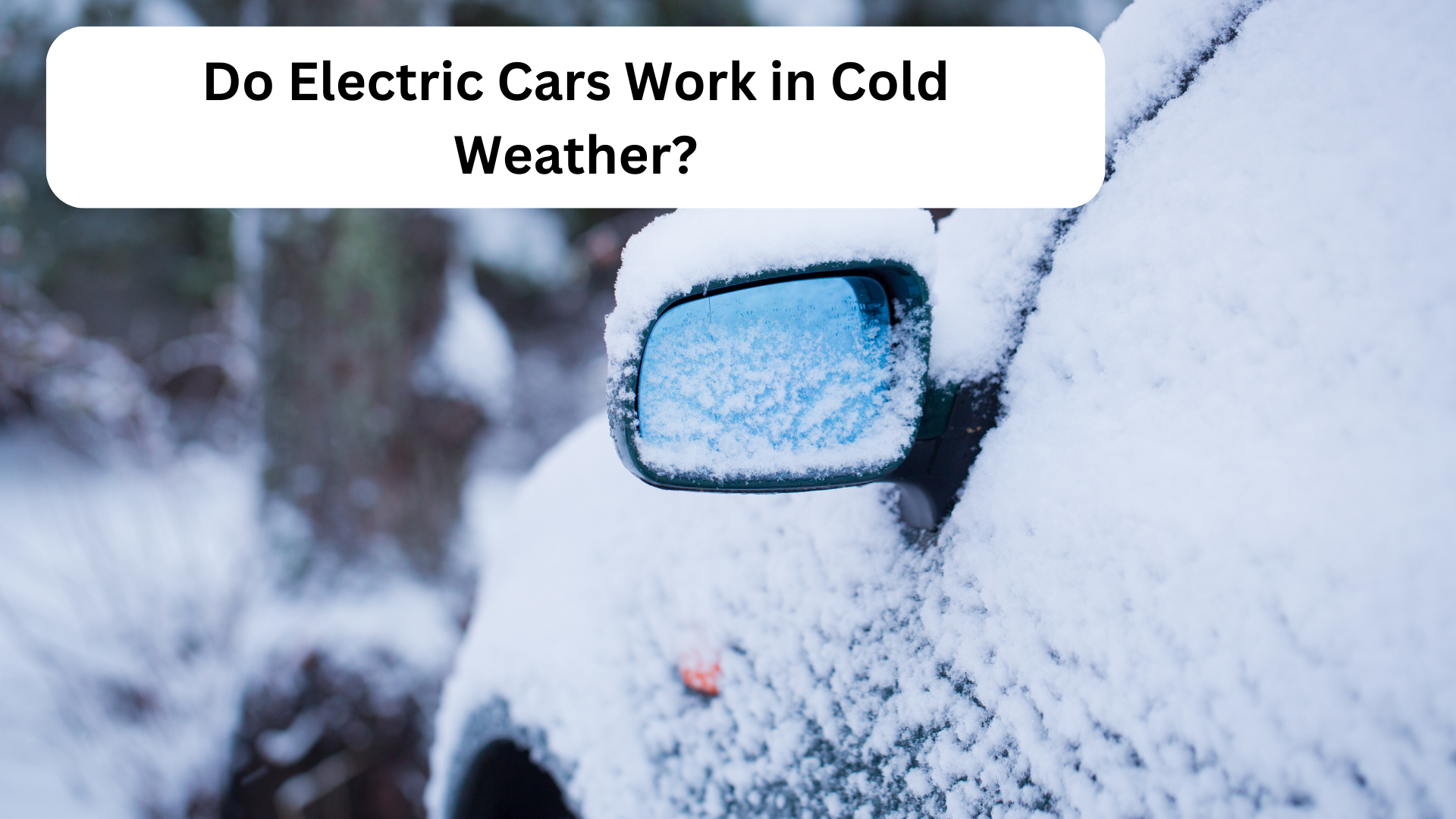When the weather turns cold, many people are concerned about how their electric vehicles will perform. After all, battery-powered cars rely on electricity to run, and cold weather can impact battery life. Furthermore, electric vehicles are designed to work well in cold weather. They can often outperform gasoline-powered vehicles in cold weather, thanks to key features. First, electric vehicles have heated batteries. This helps to keep the battery at optimal operating temperature, even in very cold weather. Weather is a very important thing for Evs.
Moreover, electric vehicles have quick-heating cabin heaters. This means you can get the heat cranking in your car faster than in a gasoline-powered vehicle.
Furthermore, electric vehicles typically have better insulation than gasoline-powered cars. This helps to keep the heat in and the cold out, making for a more comfortable ride.
So, if you’re concerned about your electric car’s performance in cold weather, don’t be. With a few key features, electric vehicles are designed to excel in cold-weather driving.
Do Electric Cars Work in Below-zero Temperatures?
Electric cars are becoming gradually popular, but there are still some common misconceptions about them. One of these is that they don’t work in cold weather. However, this is different! Electric cars can be a great option for driving in cold weather, as they have many benefits that make them well-suited to this type of weather. Sometimes, if the temperature is low, it’s not good for your vehicle.
One of the electric cars’ biggest benefits is their instant torque. EVs can achieve top speed easily. This means they can accelerate quickly from a stop, which is useful in icy or snowy conditions. Electric cars also have excellent traction, as their weight is evenly distributed over the wheels. This helps them grip the road better and prevents sliding around.
If you’re considering an electric car for your next vehicle, don’t let the cold weather hold you back! These cars are a great option for driving in any condition.
Why Do Cold Temperatures Reduce the Range of an Electric Vehicle?
Most electric vehicles (EVs) use lithium-ion batteries, which cold temperatures can negatively affect. When it is cold out, the battery cells can lose some of their charges, reducing the EV’s range. Additionally, the battery may need to be fixed, meaning that the EV will use more energy to travel the same distance as it would in warmer weather.
There are a few ways to offset the effects of cold weather on an EV. One is to use a battery heater to keep the battery cells at a consistent temperature.
Another is to precondition the battery, heating it before driving. This can be done using the car’s onboard charger or, in some cases, by plugging the vehicle into an external charger.
Best Electric Car for Cold Weather
If you live in a colder climate, you’ll want an electric car to handle the cold weather. Here is a list of the best electric vehicles for cold weather.
1. Tesla Model S
The Tesla Model S is one of the best electric cars for cold weather. It also has All-Wheel Drive, so you’ll have no problem getting around in the snow.
2. BMW i3
The BMW i3 is another great electric car for cold weather. It also has heated seats and a steering wheel to stay warm in the cold weather.
EV Charging in Cold Weather
As the weather gets colder, you may notice that your electric vehicle (EV) takes longer to charge. Cold weather can affect your electric car’s battery and charging system.
Here are a few things to keep in mind when charging your EV in cold weather:
- The battery in your EV is designed to work best at a certain temperature. When it’s cold outside, the battery will be colder than usual. This can make it harder for the battery to hold a charge and may reduce its range.
- You may need to adjust your charging schedule when cold outside. For example, you may need to charge your EV more often or for shorter periods.

